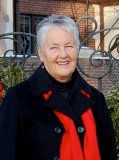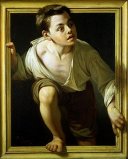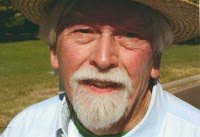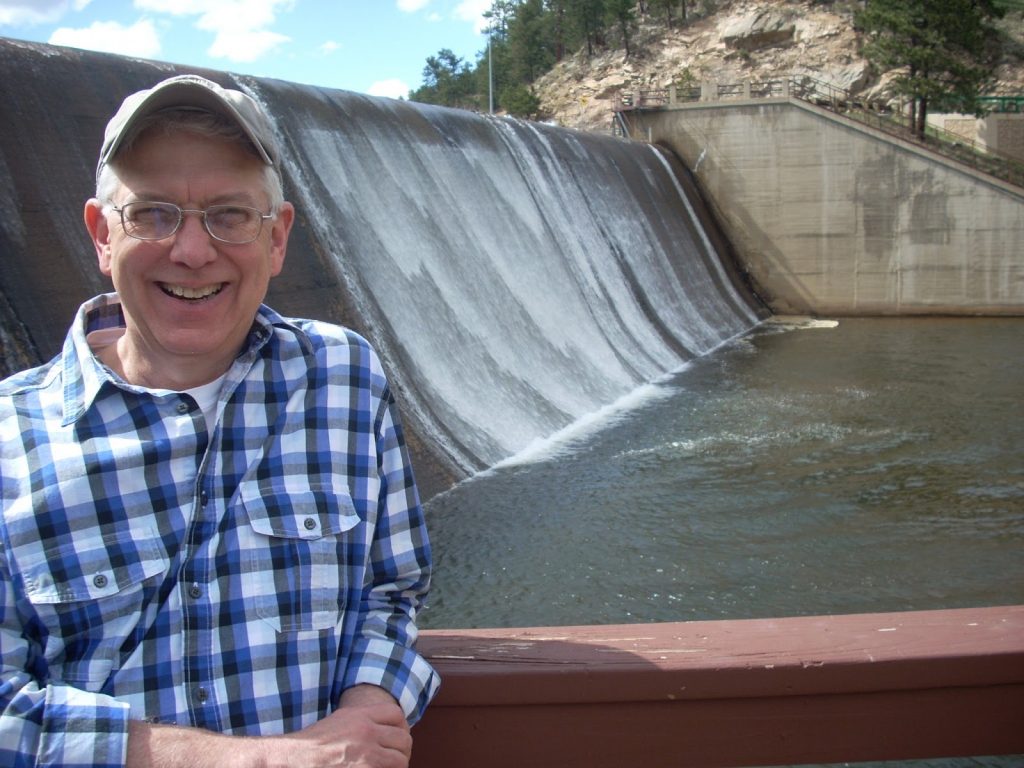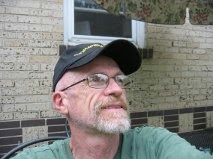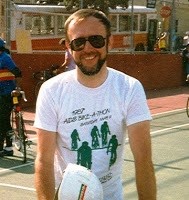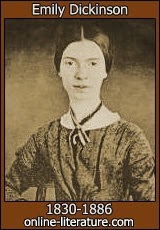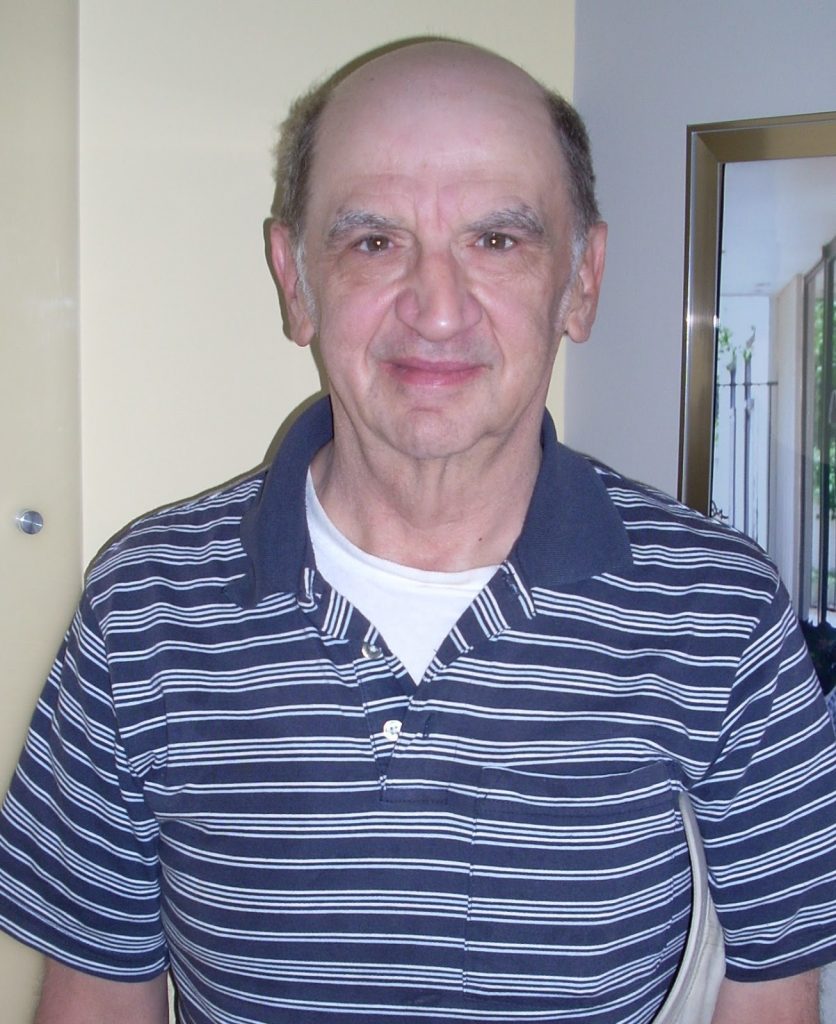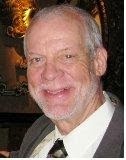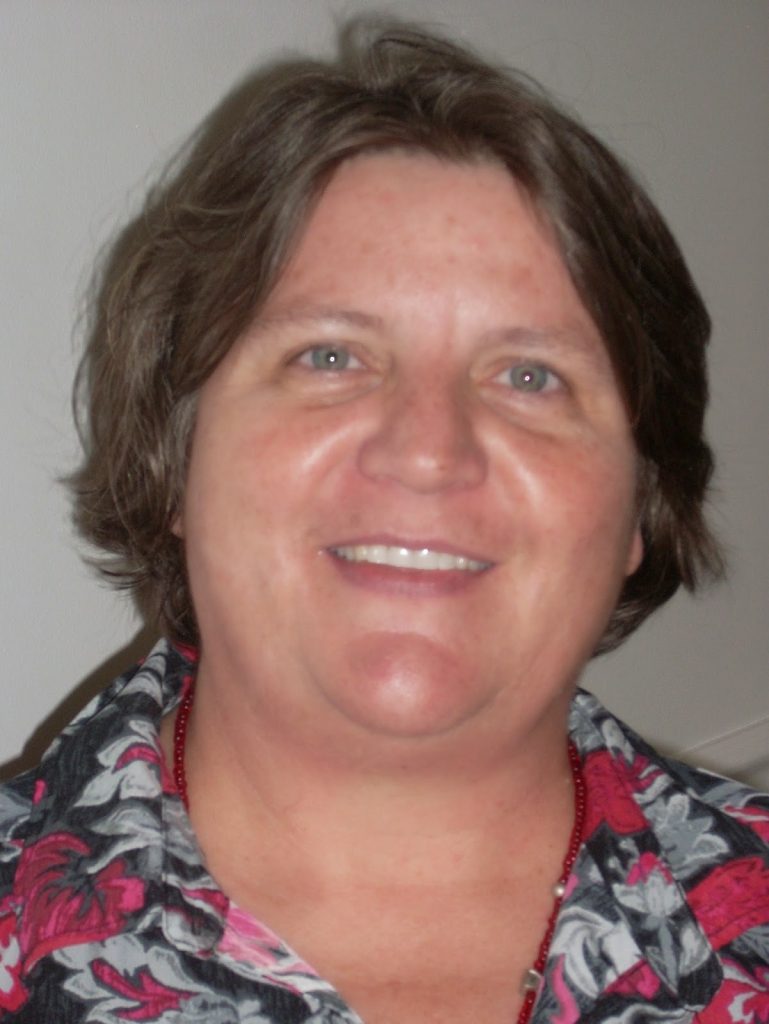public market in Juarez resembled a labyrinth of third-world sensibilities.
Shopkeepers sat on rickety crate boxes announcing their wares to pedestrians
and bicyclists on the narrow streets, some of them hoarse due to the sing-song
bellowing; others nonchalantly people-watching as though in quiet judgment.
Many of the storefronts intrigued me, not necessarily because of the
merchandise erratically displayed behind the small enclosures, but because of
the world of magical realism that percolated around me. Whereas one shopkeeper
offered sweet sugar-cured yams or pineapples on which honeybees danced, another
displayed little pyramids of toasted sesame seeds, pistachio green pumpkin
seeds, or maroon hibiscus flowers, all necessary ingredients to enrich the
Mexican palate. Across the street, the heady aroma of cured leather wafted
through the shoemaker’s shop while next to him hand-turned ochre cooking
vessels, plates, and pitchers waited like soldiers at military parade rest
awaiting customers. I felt comfortable walking the streets around the marketplace
next to the Cathedral of Our Lady of Guadalupe with its twin towers puncturing
the fabric of heaven. After all, my grandmother lived only blocks from the
market and the streets were idealized vignettes of typical life south of the
border. I felt I was journeying out into arenas revolving with a maddening pace
with life, akin to a twirling cup-and-saucer ride at a here-today-gone-tomorrow
carnival attraction. My own life in Texas, across the border from Juarez, was
idyllic enough. The Texas downtown area was conventional, broad streets,
stately stuccoed homes, broad stretches of mulberry-shaded parks in which to
play, and the convenience of well-stocked but staid, gray businesses. However, my
world was transformed upon crossing the border of sleepy, lazy life of El Paso
and journeying into a frenetic roller coaster ride of Juarez. There the
mariachi bands played shoe-stomping jarabes
and tapatios. There the enticing
aromas of chile-infused roast pork and
Mennonite cheese stuffed enchiladas simmering in pans and griddles from little
out-of the-way stalls on the streets perfumed the air. There the house colors,
bougainvillea pink and turquoise, Buddhist robe saffron and apricot, made life
in El Paso seem staid in comparison. It was on one of my jaunts into my
ancestral homeland that I learned the most important lesson of my life.
into a small winding side street that I had never scouted. The shadows
lengthened before me. Pools of stagnant water collected and eddied down the
street. I noted mounds of uncollected garbage strewn throughout, garbage on
which flies twirled as though to a rhythm only they heard. The air was rancid
with decay. In spite of the spectral scene punctuated by the shafts of light
broken by the intermittent dance of dust devils, I plodded on. After all, the
sky above was still blue and the earth beneath was still firm to my footing. I
carried a large plastic cup of icy horchata,
a cinnamon-infused rice beverage that I had purchased from an itinerant water merchant
only moments before. The only sound I heard was the music of the marketplace dissipating
in the distance, the discordant drone of the flies, and the sloshing of ice
against my cup. The thought of turning back crossed my mind, as the brick-paved
streets gave way to hard-packed clay and the crowds of only moments earlier flew
off into the shadows. However, I was young and immune, an explorer out on a
hero’s journey, canvassing the world etched before me. Unexpectedly, to my
left, I noticed a mound of garbage move as though it had taken a life of its
own. I heard the rattling of newspapers and cardboard boxes, sounds made by the
displacement of something within the pile. Intrigued, I stood transfixed, that
is, until I saw a leathery skeletal hand emerge from the pitiful pile.
Momentarily, I saw her face, an old woman enveloped in a black tattered rebozo, and as she lowered the folds of
the rebozo, I saw her face,
desiccated and worn by a lifetime of depravation. Her toothless mouth opened as
she hoarsely whispered to me, her hands beseeching me in supplication, “Mijo, tengo sed. Dame que tomar….” “My
son, I am thirsty. Give me drink.” Out of revulsion, out of fear, and out of
the funereal disquiet that permeated the scene, I ran away from the woman, only
looking back to make sure the cadaverous specter in her rotting shrouds had not
pursued me. And though I soon reached the safe side streets of the nearby
marketplace, the woman did, in fact, pursue me, haunting me and forever altering
the direction that my life would take.
who have loved me unconditionally, with many mentors and insights that taught
me to be a faithful believer. I have been enriched with untold life experiences,
ranging from the ecstasy of being held in the arms of men who breathed in
syncopation with my soul, to the agony of a heart fractured by the skillful
cleaving of a diamond-cutting saw, yet none has ever managed to reveal as much
of life as one shadow creature in a shadow city, a thirsty soul who asked but
for a drink, a drink that I denied her. Maimonides has written “The risk of a
wrong decision is preferable to the terror of indecision.” The words sting me
to the core although I’ve managed to assuage my sin. Even before I saw a good
shepherd reach out with compassion toward one disfigured by Neurofibromatosis,
even before he reminded me to wash the feet of the prisoner, I recognized I had
erred when I allowed my fear to circumvent my actions. I erred when I dared not
look into her eyes; I erred when I dared not touch her head. Nevertheless, I’ve
forgiven myself for my lack of judgment. After all, I recognize that standing
before the portal of the underworld has the power to lead to my
transfiguration.
compelled me to recognize that reality is outside of the realm of my experience;
life consists of fleeting moments of potential reawakening. It took an old
woman, thrown away by a world ill equipped to satiate her thirst for me to acknowledge
the hallow victory of living without awareness. Although I never returned to
the winding streets that led me to this woman, not a day goes by when I don’t
see and recognize her, specifically in the LGBT community. I see her in the
eyes of those members of our community who have been envenomed by the toxins
spewed out by bigots and homophobes, all in the name of holier-than-thou
morality. I see her, in the desperate looks of gay men throughout central
Africa and the Middle East contemplating suicide rather than face societal
reprisal. I see her in the discarded LGBT youth banished by their conditionally
accepting families. I myself have known that thirst and humiliation; I recognize
in myself the quiet desperation of rejection and ostracism that I have spent a
lifetime releasing as I learned to heal myself. At those moments, I acknowledge
a wake-up call from a woman living at the edge of a garden. At such times I honor
she who once offered me redemption and promise myself that she will never again
thirst.
2014
About the Author
Cervantes wrote, “I know who I am and who I may choose to be.” In spite of my constant quest to live up to this proposition, I often falter. I am a man who has been defined as sensitive, intuitive, and altruistic, but I have also been defined as being too shy, too retrospective, too pragmatic. Something I know to be true. I am a survivor, a contradictory balance of a realist and a dreamer, and on occasions, quite charming. Nevertheless, I often ask Spirit to keep His arms around my shoulder and His hand over my mouth. My heroes range from Henry David Thoreau to Sheldon Cooper, and I always have time to watch Big Bang Theory or Under the Tuscan Sun. I am a pragmatic romantic and a consummate lover of ideas and words, nature and time. My beloved husband and our three rambunctious cocker spaniels are the souls that populate my heart. I could spend the rest of my life restoring our Victorian home, planting tomatoes, and lying under coconut palms on tropical sands. I believe in Spirit, and have zero tolerance for irresponsibility, victim’s mentalities, political and religious orthodoxy, and intentional cruelty. I am always on the look-out for friends, people who find that life just doesn’t get any better than breaking bread together and finding humor in the world around us.

